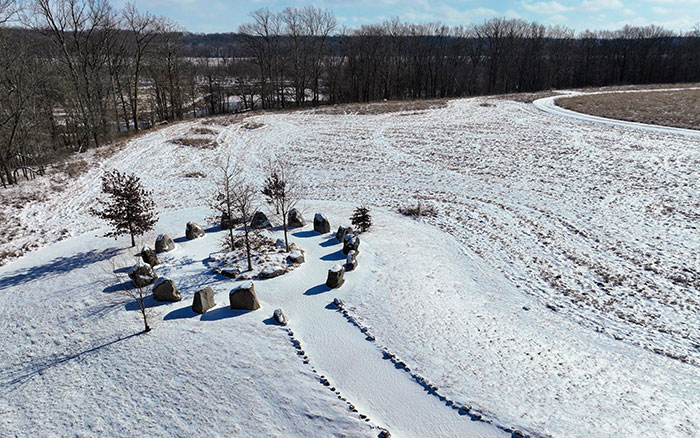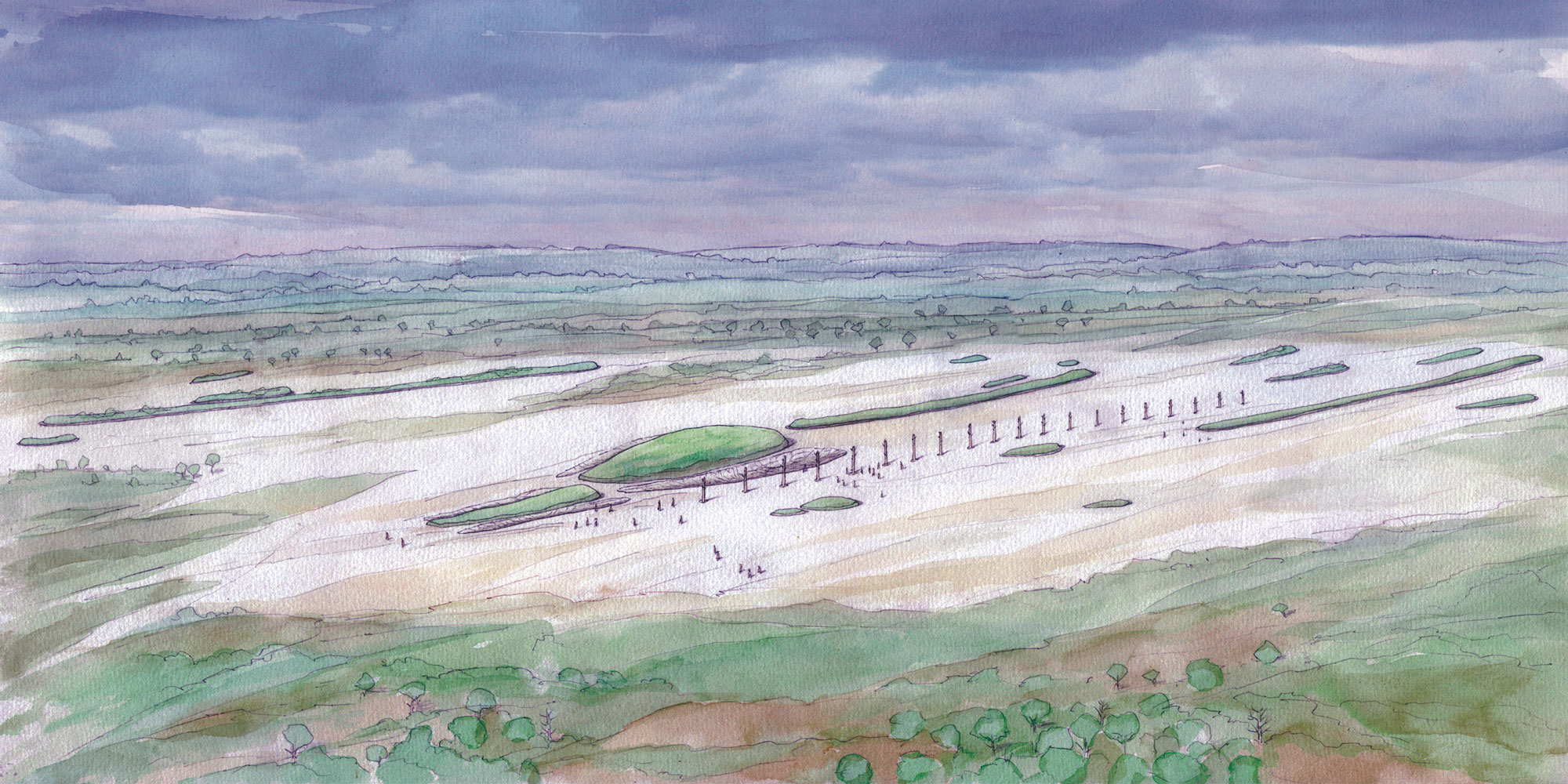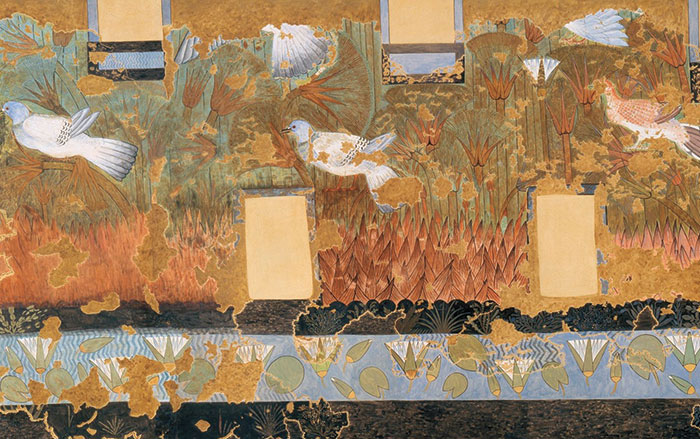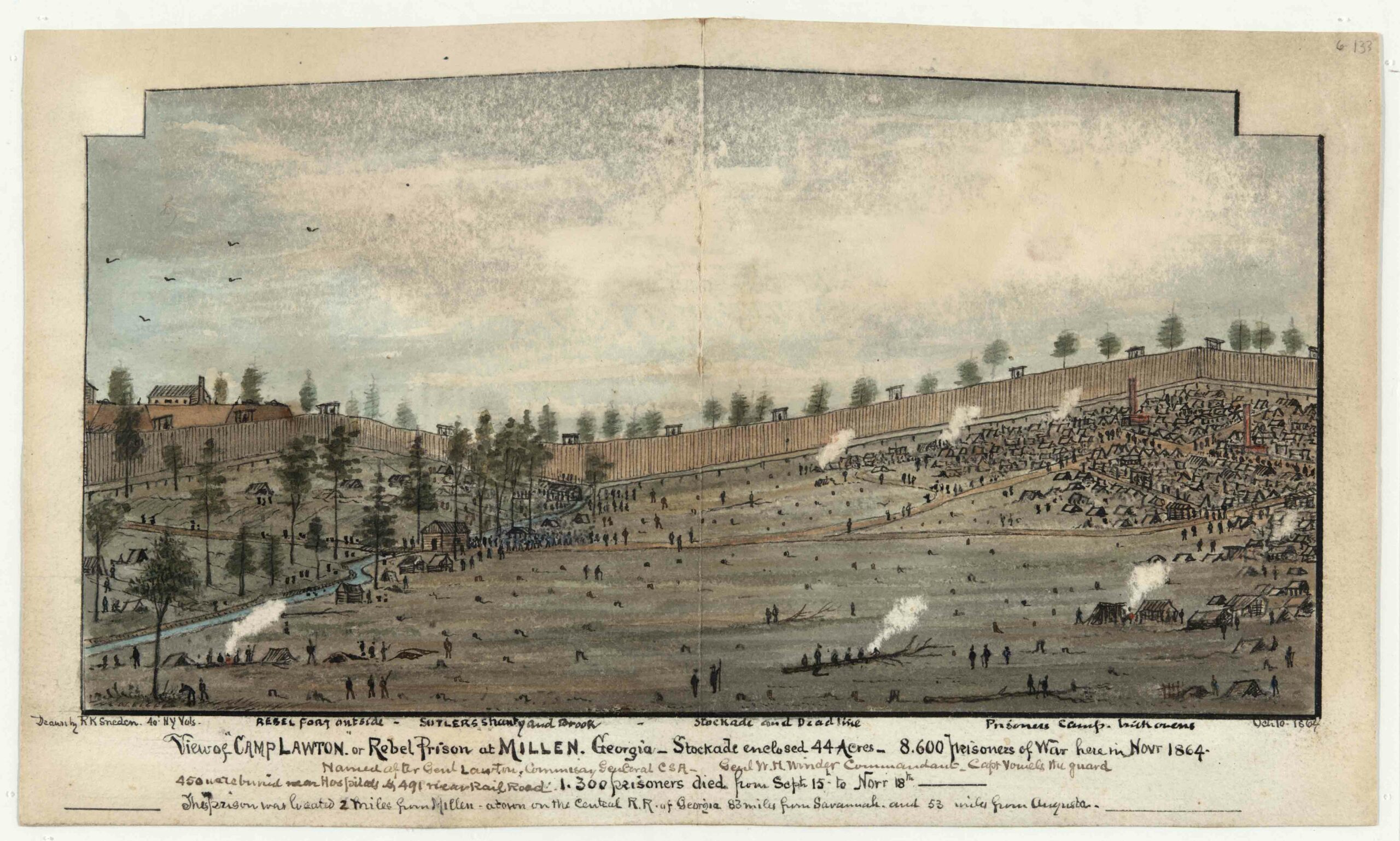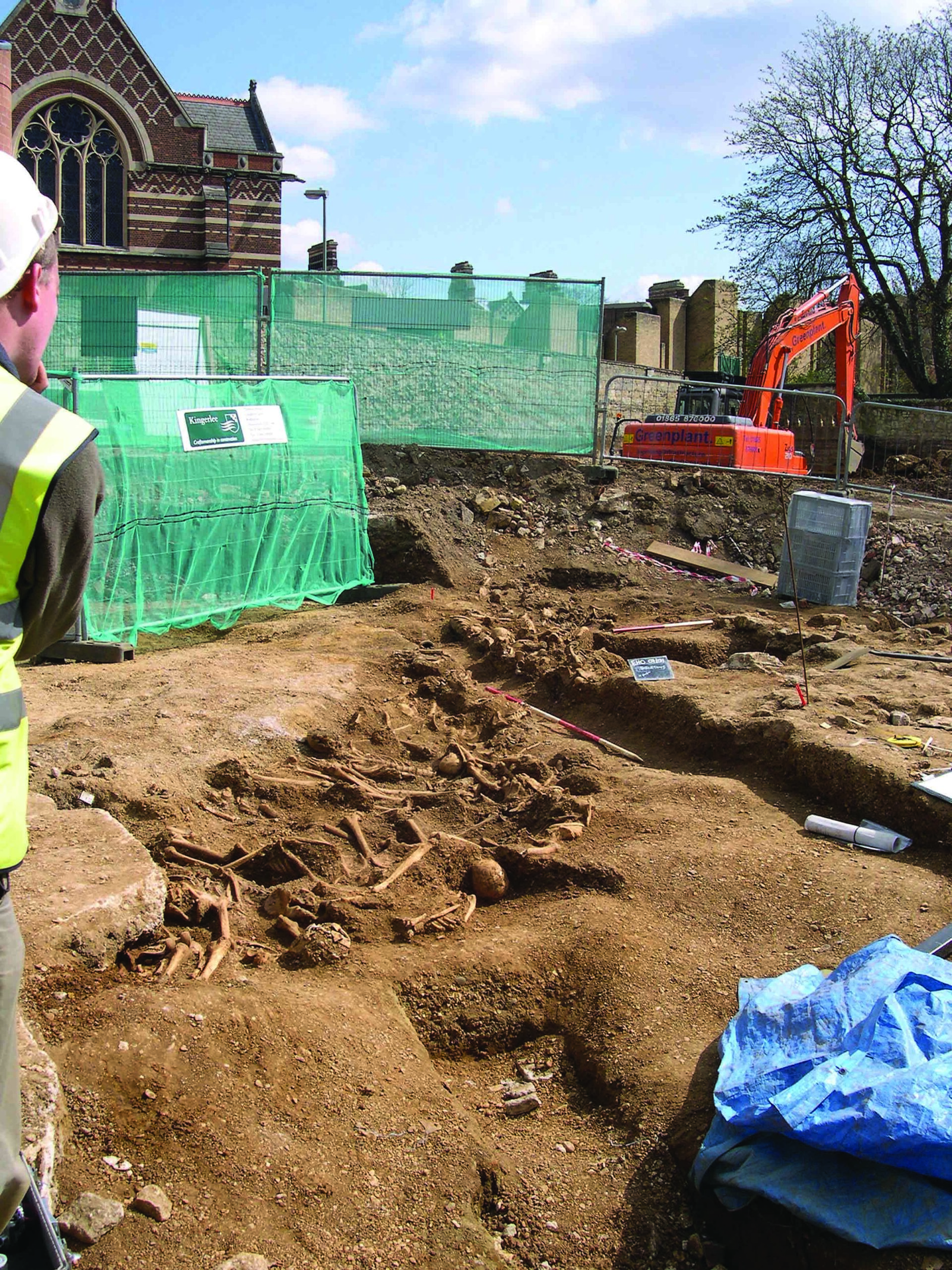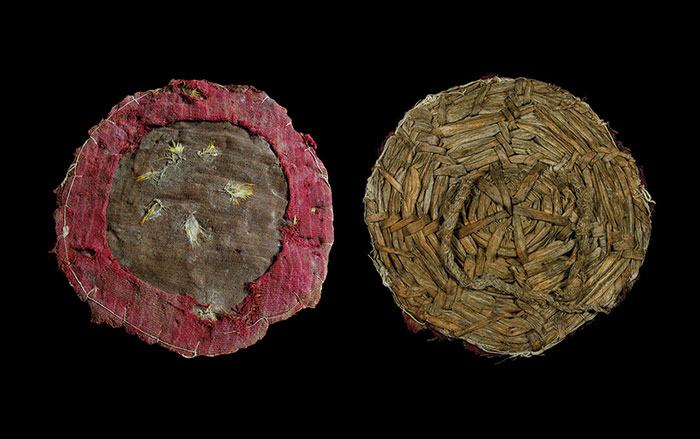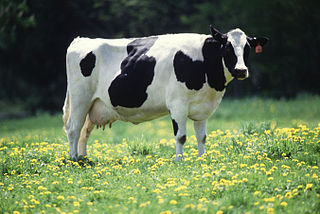
UPPSALA, SWEDEN—The mutation that enables adults to digest milk appeared independently in several parts of the world over the past 7,500 years, and it spread rapidly. It had been thought that the genes for milk-drinking spread because they provided Northern European farmers, who lived in areas with little sunlight, with a boost of calcium and vitamin D. Evolutionary biologist Oddný Sverrisdóttir of the University of Uppsala tested DNA from skeletal remains of eight people who lived in sunny northeastern Spain some 5,000 years ago. She found that none of them had the milk-drinking mutation, even though one third of modern Spaniards can digest lactase. A check of their mitochondrial DNA showed that these people were in fact ancestors of modern milk-drinking Spaniards. So what happened that gave milk-drinkers the advantage? Sverrisdóttir speculates that early farmers ate yogurt and cheese long before they could digest raw milk. When their crops failed and the stores were eaten, they may have turned to milk in desperation. “During normal times, if you were well-fed and you had diarrhea for days, it wouldn’t matter much. But if you were already starving, this would mean the difference between life and death. People would not have lived long enough to get their genes into the next generation. This was the new super-food for people who could tolerate it,” she explained.


